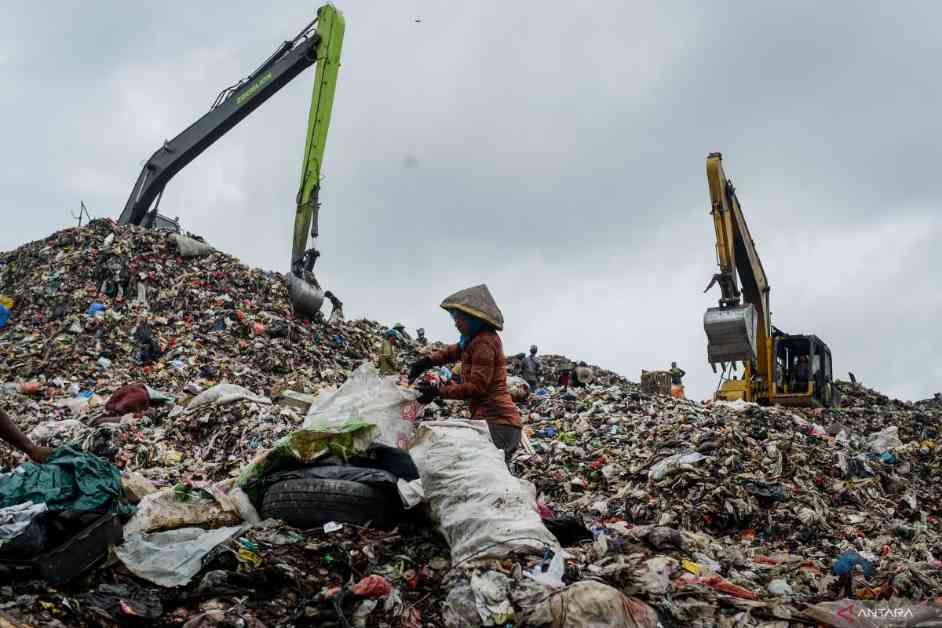The Ministry of Environment (KLH), in collaboration with various ministries, recently conducted a study on the economic potential stemming from the closure of 343 open dumping landfill sites (TPA). Minister of Environment Hanif Faisol Nurofiq highlighted that the shift towards an integrated waste management system not only brings environmental benefits but also unlocks significant economic opportunities. The study identified various business prospects amounting to Rp127.5 trillion (US$7.5 billion) annually.
Exploring Lucrative Business Sectors
Among the potential sectors highlighted in the study, the Material Recycling Industry emerged as a frontrunner with an economic value of Rp42.3 trillion (US$2.4 billion) per year. This sector encompasses the recycling of plastic, paper, metal, and glass, showcasing immense growth potential. Additionally, the Compost and Organic Fertilizer Production sector offers a economic value of Rp18.7 trillion (US$1 billion) annually, further underlining the diverse opportunities present in the waste management landscape.
Furthermore, the waste to energy sector presents a promising economic value of Rp26.5 trillion (US$1.5 billion) per year, emphasizing the potential for sustainable energy generation from waste. Refuse-Derived Fuel (RDF) Production follows closely with an economic value of Rp13.8 trillion (US$815 million) annually, showcasing the possibilities for innovative fuel production methods. Urban Mining System, aimed at recovering precious metals, also presents an economic value of Rp9.7 trillion (US$572 million) per year, highlighting the importance of resource recovery in waste management practices.
Empowering Small Businesses and Startups
In addition to large-scale sectors, the study also identified 12 sustainable business models that could be developed by Micro, Small, and Medium Enterprises (MSMEs), cooperatives, and startups. These models offer initial investment requirements ranging from Rp250 million (US$14,000) to Rp5 billion (US$295,000) with projected Internal Rate of Return (IRR) between 18-27 percent over a 5-year investment period. Minister Nurofiq emphasized that the closure of TPA sites not only fosters a circular economy but also creates job opportunities in the environmental sector, promoting the growth of green jobs.
Through the transformation of the national waste management system, the government aims to regulate open dumping landfills and enhance environmental protection measures. The closure of 306 open dumping sites is part of this initiative, reflecting the commitment to sustainable waste management practices.
As we navigate towards a more sustainable future, it is imperative to recognize the economic potential embedded within waste management practices. By harnessing the opportunities presented by landfill closure and embracing innovative business models, we can pave the way for a greener, more prosperous tomorrow.






















